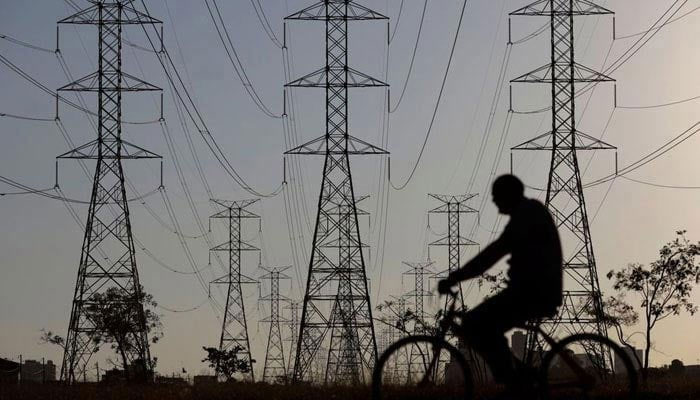The federal government on Tuesday gave the green light to renegotiated deals with 14 independent power producers (IPPs), which are expected to save Rp1.4 trillion over their applicable duration and provide an annual subsidy of Rp137 billion to power consumers hit by inflation.
After holding discussions with 14 IPPs under the revised agreements, the Cabinet gave the green light to the Power Department’s recommendation of reductions of Rs 802 billion in terms of profits and costs of the said IPPs.
With energy costs spiraling out of control, Pakistan began renegotiating processes with independent power producers late last year to bring electricity tariffs under control and ease the burden on consumers.
The rise in electricity tariffs has sparked social unrest and shuttered industries in the $350 billion economy, which has contracted twice in recent years as inflation reaches record levels.
Moreover, the meeting was also informed that Rs 35 billion of excess profits from previous years would also be deducted from these standalone projects under the revised agreements.
The Cabinet meeting, chaired by Prime Minister Shehbaz Sharif at the Prime Minister’s Residence, was informed that 10 of these IPPs were operational under the 2002 Energy Policy, while four were set up under the 1994 Policy. In addition, an agreement with one of Independent Power Producers from the 1994 Policy.
He appreciated the performance of the Minister of Electricity, the Advisor, the Secretary, and the members of the work team to finalize the amended agreements with independent energy producers, stressing that this achievement would reduce circular debt, lower tariffs, and lead to significant national savings. Energy Department officials also said they have reviewed contracts with 28 independent power producers so far.
Facing chronic shortages a decade ago, the government approved dozens of private projects by independent energy producers, most of them financed by foreign lenders. The incentive deals included high guaranteed returns and obligations to even pay for unused energy.
However, the ongoing economic crisis has reduced energy consumption, leaving the country with excess capacity that it needs to pay for.
Lacking funds, the government incorporated these fixed costs and production capacity payments into consumer bills, sparking protests by local users and industry associations.
Moreover, the Council of Ministers, based on the recommendation of the committee formed for the Government Scaling Up Initiative, agreed to merge the Ministry of Narcotics Control into the management of the Ministry of Interior.
After the merger, the Anti-Narcotics Department will function as a wing of the Ministry of Interior, while the Anti-Narcotics Force will function as an attached department.
This integration is expected to save Rs 183.25 million annually in administrative and operational expenses.
Likewise, the Cabinet also approved the merger of the Aviation Department with the Ministry of Defence, which will save Rs 145 million annually in terms of salaries, office expenses and other administrative costs.
The Cabinet was informed that civil aviation, which was previously under the Ministry of Defense until 2013, will be merged into the Ministry of Defense in line with the government’s austerity policy. This step is expected to improve airspace management.
Contents
Related posts:

Say Job City in Pakistan for today latest jobs opportunities in private and Govt departments. View all new Government careers collected from daily. sayjobcity.com
